Follow, research and publish the best content
Get Started for FREE
Sign up with Facebook Sign up with X
I don't have a Facebook or a X account
Already have an account: Login
 Your new post is loading... Your new post is loading...
 Your new post is loading... Your new post is loading...
|
|





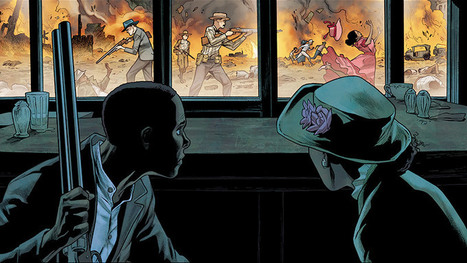
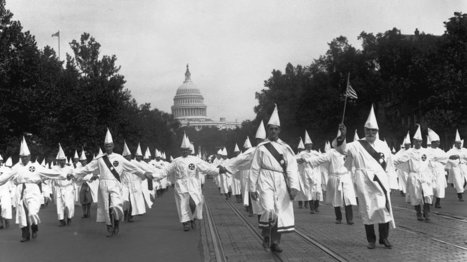
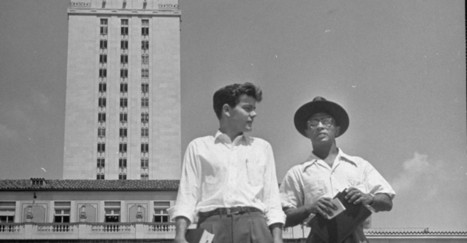
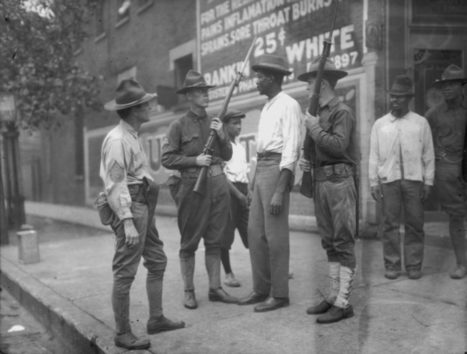
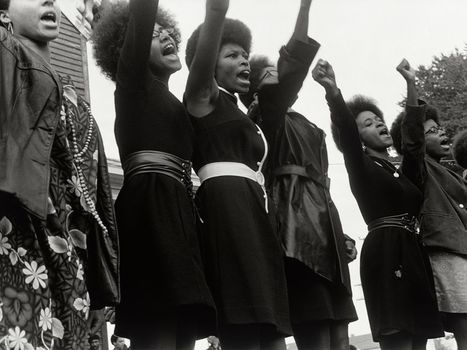
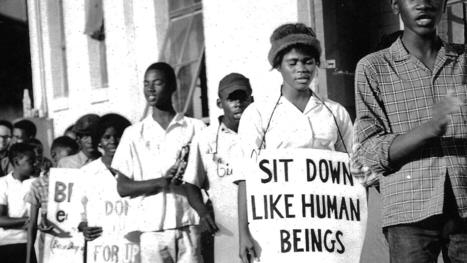
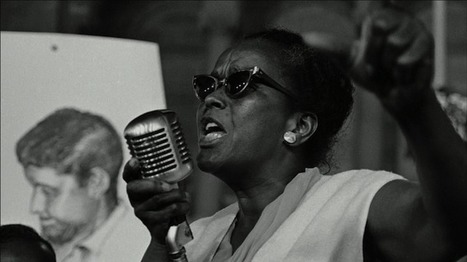


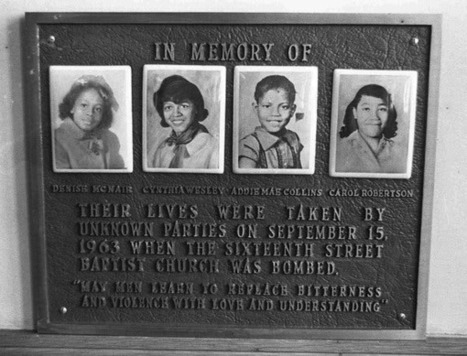
![Albany, Birmingham and the Washington March – Multimedia decision-making exercise [interactive] – | African American civil rights | Scoop.it](https://img.scoop.it/EdBRcN6T-aT5ONSEhoaFhjl72eJkfbmt4t8yenImKBVvK0kTmF0xjctABnaLJIm9)

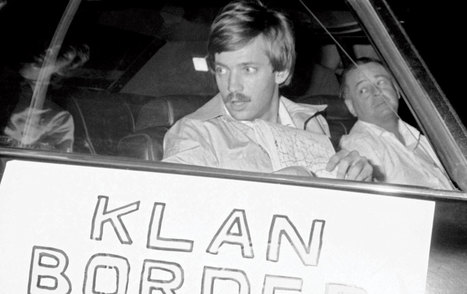







Blaxploitation: 'Foxy Brown Trailer - Directed by Jack Hill and starring Antonio Fargas, Peter Brown, Terry Carter, Terry Carter, Harry Holcombe.'